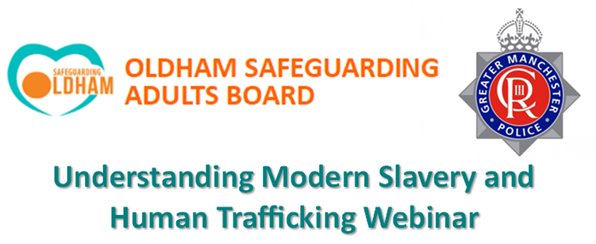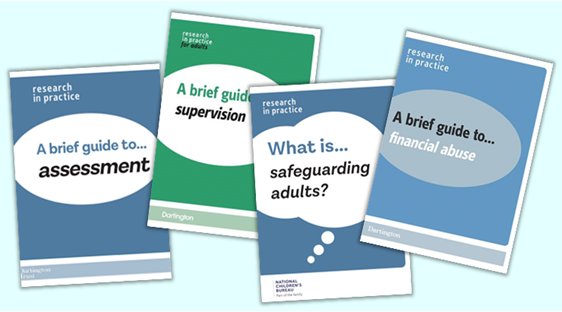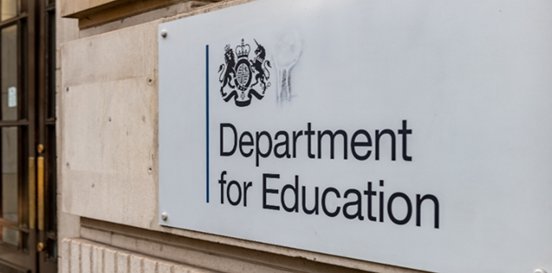


Stronger protection for children: the online safety act 2023 in force from 25 July 2025
The Online Safety Act 2023 introduces stronger protections for children online, including a legal requirement for all pornography sites accessed in the UK to have effective age verification in place. Major sites have agreed to comply using tools such as facial age estimation and ID checks. The Act also requires platforms to carry out risk assessments and remove illegal content such as child sexual abuse material, grooming, and incitement to violence. Platforms must now consider how their design, including algorithms, anonymity, and livestreaming, may expose users to harm. Schools should ensure staff are aware of these changes and review how online safety is addressed through curriculum and safeguarding procedures.
The Act also introduces new criminal offences including cyberflashing, epilepsy trolling, and encouraging or assisting serious self-harm, which are now illegal even if done anonymously. It is also a crime to share deepfake pornography or send false information with intent to harm. Laws on non-consensual intimate images have been strengthened to cover threats to share, and images altered using AI. Practitioners should help ensure these risks are understood by staff as safeguarding issues.
You can find out more on the Ofcom website. The Internet Matters website also has a useful article.

Oldham Safeguarding Adults Board (OSAB) are hosting a 'webinar' at 11:30-13:30 on 17 October 2025, via Microsoft Teams, in the lead up to this year's Anti-Slavery Day
What are OSAB's webinars? In case you missed an OSAB safeguarding training event, we took the opportunity to record them to create a library of safeguarding webinars. Each webinar provides multi-agency practitioners the chance to watch a pre-recorded session and ask questions.
This webinar is delivered by Greater Manchester Police and aims to support practitioners to understand their responsibilities under the Modern Slavery Act 2015 and its use to improve identification and care of trafficked adults and children. Find out how to book your place via the webinar flyer

How confident are you in your knowledge of the referral process if you are concerned a child is being exploited?
Oldham Safeguarding Partnership (OSCP) have organised a lunch and learn training session which will provide guidance on how to refer concerns about child exploitation in Oldham. The session will also provide a brief overview of the complex safeguarding team and the tools they use to assess risk. The team will work with any child up to the age of 18 years (or up to the age of 25 years for any young adult currently open to the After Care service in Oldham).
The session will take place on 16 September 2025 from 12:00 to 12:30. Reserve your place online
 Ann Craft Trust Safeguarding Bulletin
Ann Craft Trust Safeguarding Bulletin
Ann Craft Trust have published their quarterly Safeguarding Bulletin for July 2025 bringing us the latest research and news on safeguarding adults and young people at risk including:
- Safeguarding Adults Week - Free Resources
- The Ann Craft Trust Safeguarding Adults Conference 2025
- What do we talk about when we talk about safeguarding?
- £400,000 Theft Highlights the Importance of Understanding Financial Abuse and Exploitation
- Podcast: Safeguarding in Faith
- A roundup of safeguarding news and key safeguarding research and resources
- Training and research opportunities.
Take a look at the latest bulletin via the Ann Craft Trust website

Changes to the EYFS safeguarding requirements from September 2025
From September 2025 the Early Years foundation stage safeguarding requirements will be strengthened. Below are some of the changes you need to be aware of for your settings:
- Amendments to promote safer recruitment
- New requirements for providers to follow up if a child is absent
- New requirements to ensure safer eating.
- Changes to safeguarding training and to ensure that early years students and trainees are required to have paediatric first aid training
- New requirements to support whistleblowing.
- Amendments to ensure that children’s privacy during nappy changing and toileting is considered and balanced with safeguarding considerations.
To find out more visit the government website and the OSCP website

Understanding research in practice brief guides: clear, accessible information for adults and carers
When navigating adult social care, whether for yourself or someone you support, it can be difficult to find clear, reliable information. That’s where Research in Practice Brief Guides come in.
Their Brief Guides are short, accessible resources designed to help people with lived experience of care and support, and their carers, to understand important topics in adult social care. The aim of these guides is to support people to understand their rights and make informed choices. Topics include Safeguarding Adults, Assessment, Financial Abuse and there are many more.
Find out more via the Research in Practice website

Keeping children safe in education 2025 - for information version published
The Keeping Children Safe in Education (KCSIE) 2025 guidance was published by the Department for Education (DfE) in July 2025. This draft version is for informational purposes, and the final version, which will come into force on 1 September 2025, is expected to be published sometime in September.
Until then, schools and colleges should continue to follow the 2024 guidance. The draft includes technical updates and legal language realignment but does not introduce significant policy changes. You can watch a video explaining the changes; this is shared courtesy of Andrew Hall, safeguarding in schools.
 Prevent Education Working Group
Prevent Education Working Group
This week the Safeguarding Advisor for Education met with schools from across Oldham to participate in a working group to develop a prevent handbook for professionals working in educational settings.
They explored what was needed to support staff, senior leaders and Designated Safeguarding Leads with the prevent duty guidance so that they were confident to recognise, respond and report concerns to help safeguard children and young people who were at risk of being drawn in terrorism or extremism.
The working group were excited to develop this new handbook for Oldham and felt that the final product will be beneficial for staff to use as a valuable safeguarding resource for staff training and induction, as well as for general reference if they have concerns. Schools who participated in the working group provided examples of good practice linked to British values and wider curriculum.
The next steps for the working group is to action the points discussed to generate the final draft of the handbook so that it can be shared with the relevant agencies before going out to educational settings in the new academic year.
